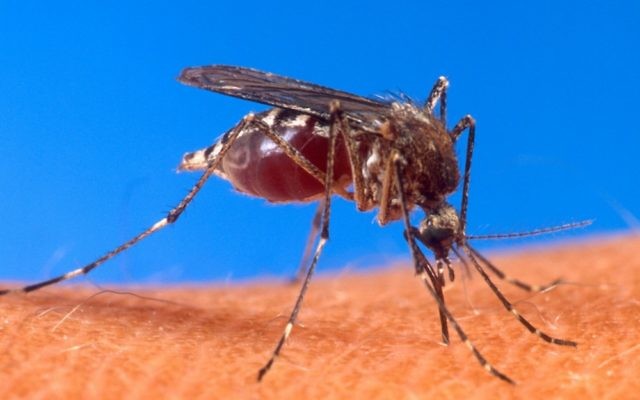CDC: Zika Easier to Pass
Signs of the Zika virus can remain in the blood for twice as long as scientists thought, and the virus can be transmitted by any kind of sexual conduct, according to updated Zika guidance issued by the Centers for Disease Control and Prevention with the Summer Olympics in Brazil less than two weeks away.
The CDC had advised that pregnant women who showed possible Zika symptoms — headache, fever, body aches — could be effectively tested for the virus within a week. The new guidance, issued Monday, July 25, says a Zika-specific test is useful for up to 14 days after a pregnant woman first shows symptoms or has possible exposure.
“Expanding the use of the Zika-specific test could provide more women with Zika virus infection a definite diagnosis and help direct medical evaluation and care,” said the CDC, which also provided new care recommendations for pregnant women infected with the virus.
The recent news that a man was infected with the virus through sex with a woman led CDC scientists to expand their views on sexual transmission, including advice that pregnant women never have unprotected sex with anyone who lives in or travels to a place where Aedes aegypti mosquitoes carry Zika.
As of July 14, 400 pregnant women in the United States and 378 in U.S. territories had evidence of Zika infection, the CDC reported, and more than 1,400 people had been infected in the United States. None of those cases resulted from a mosquito bite in the United States.
But the CDC is helping Utah investigate a case in which an elderly man was infected while traveling, then died back home in Utah in June and had 100,000 times the amount of virus in his blood as has been found in typical patients. Then a caregiver also was found to be infected, and public health officials don’t know how.
You can follow developments on Zika at www.cdc.gov/zika. For an overview of the history, spread, effects and risks of the virus, Emory St. Joseph’s Hospital infectious disease physician Mitchell Blass offers answers on video at www.youtube.com/watch?v=EKr8xPt6fD4.
“I think the Olympics has the biggest chance to perhaps bring this virus to the United States and make it one in which we are not seeing just travel-related illness, but we are also seeing locally acquired illness. That’s the biggest concern I have as an infectious disease clinician,” Blass says on the video.
The Jewish physician also issues a warning about the unpredictability of Zika outbreaks: “We were able to quarantine, for the most part, individuals with Ebola. I don’t think we have any control over the migratory habits of the Aedes mosquito, and that’s the big problem.”




comments